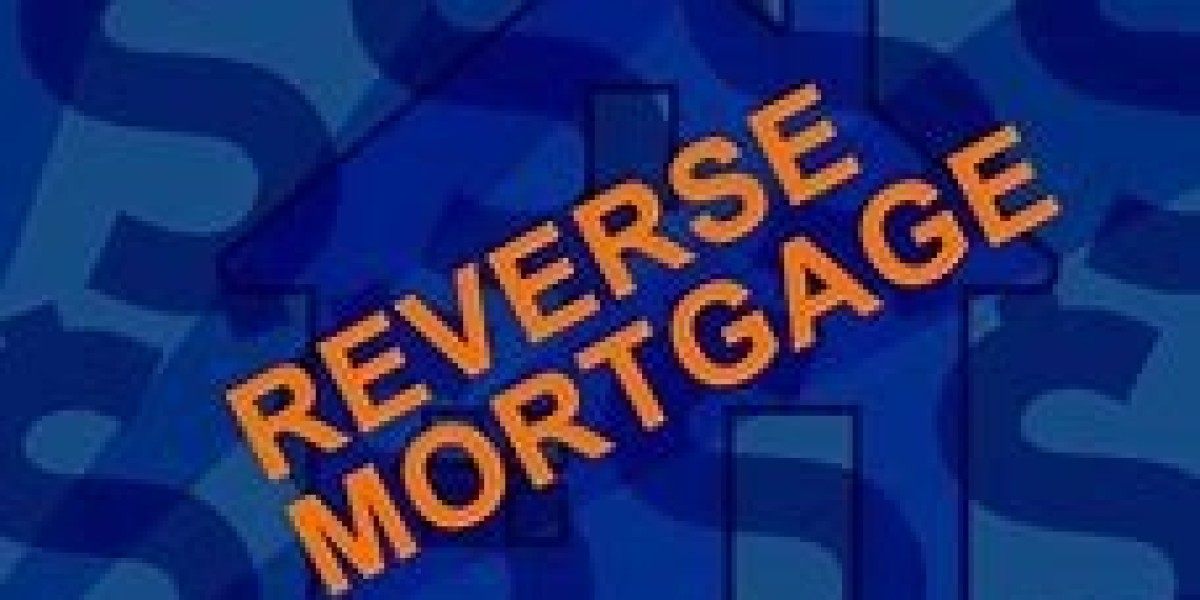A reverse mortgage is a financial product that allows homeowners aged 62 and older to convert a portion of their home equity into cash without selling their home. Unlike traditional mortgages, where borrowers make monthly payments to the lender, a reverse mortgage provides payments to the homeowner, which can be received as a lump sum, monthly installments, or a line of credit. The loan becomes due when the borrower passes away, sells the home, or permanently moves out. While reverse mortgages can be beneficial for some, choosing the right lender is crucial to avoid potential pitfalls. This comprehensive guide will help you navigate the process of selecting a reputable reverse mortgage lender and highlight common mistakes to avoid.Investopedia+1Investopedia+1
Understanding Reverse Mortgages
Before diving into lender selection, it's essential to grasp the basics of reverse mortgages:
- Eligibility: Homeowners must be at least 62 years old and have significant equity in their homes.
- Payment Options: Borrowers can choose to receive funds as a lump sum, monthly payments, or a line of credit.Investopedia
- Repayment: The loan is repaid when the homeowner sells the house, moves out permanently, or passes away.Investopedia
- Costs: Reverse mortgages come with fees and interest rates that accrue over time, reducing the amount of equity in the home.Investopedia+1Investopedia+1
The Importance of Choosing the Right Lender
Selecting a reputable lender is vital to ensure that you receive fair terms and avoid potential scams. In 2022, the top 10 reverse mortgage lenders accounted for approximately 88.8% of all reverse mortgage originations, highlighting the concentration in the industry. This statistic underscores the importance of thoroughly vetting lenders, as a small group dominates the market.HousingWire
Key Factors to Consider When Choosing a Reverse Mortgage Lender
- Reputation and Reviews
Start by researching the lender's reputation. Look for reviews from past clients on platforms like the Better Business Bureau (BBB) and other consumer review websites. A lender with strong ratings and positive customer experiences can provide peace of mind.
- Experience in the Industry
Reverse mortgages are complex products. Working with an experienced lender ensures you receive professional advice and guidance. Inquire about how long the company has been in business and how many reverse mortgage transactions they've completed.
- Interest Rates and Fees
Different lenders offer varying terms, including interest rates, origination fees, and other associated costs. Request a detailed breakdown of fees from each lender you're considering. Comparing these costs can help you save thousands over the life of your reverse mortgage.
- Customer Support and Guidance
A reverse mortgage is a long-term commitment. Ensure that your lender offers robust customer service, both during the application process and after your loan closes. Test their support by reaching out with questions during your research phase to gauge their responsiveness.
- Counseling and Education
The Federal Housing Administration (FHA) requires reverse mortgage applicants to undergo counseling to ensure they are making informed decisions. A good lender will guide you through this process and offer additional educational resources to help you feel confident about your decision.
- Licensing and Accreditation
Verify that the lender is licensed to operate in your state and adheres to all federal and state regulations. Accreditations from recognized industry associations can also indicate a lender's commitment to ethical practices.
- Product Offerings
Some lenders may offer proprietary reverse mortgage products in addition to the standard Home Equity Conversion Mortgage (HECM). Depending on your needs and the value of your home, these products might offer more favorable terms.
- Transparency
A trustworthy lender will be transparent about all terms, conditions, and potential risks associated with a reverse mortgage. They should provide clear, written explanations and be willing to answer all your questions.
Common Pitfalls to Avoid
- Withdrawing More Equity Than Needed
It's a mistake to overdraw more equity than you need. The amount you withdraw must be repaid with interest and fees added. Overborrowing can reduce the equity available to you or your heirs in the future.
- Failing to Pay Property Taxes and Insurance
An HECM requires the homeowner to remain current on their property taxes and homeowners insurance. Falling behind on these payments can result in the loan becoming due immediately, potentially leading to foreclosure.
- Not Planning for a Spouse's Needs
If your spouse is not listed as a co-borrower on the reverse mortgage, they may be at risk of losing the home if you pass away or move into long-term care. It's crucial to consider your spouse's future housing needs when structuring the loan.
- Not Shopping Around
There are numerous reverse mortgage lenders, each offering different terms and fees. Failing to compare options can result in less favorable loan conditions. Take the time to shop around and find a lender that offers competitive rates and aligns with your financial goals.
- Misunderstanding Loan Terms
Ensure you fully understand the terms of the loan, including how interest accrues, repayment conditions, and any potential impacts on your heirs. Misunderstanding these terms can lead to financial challenges down the line.



